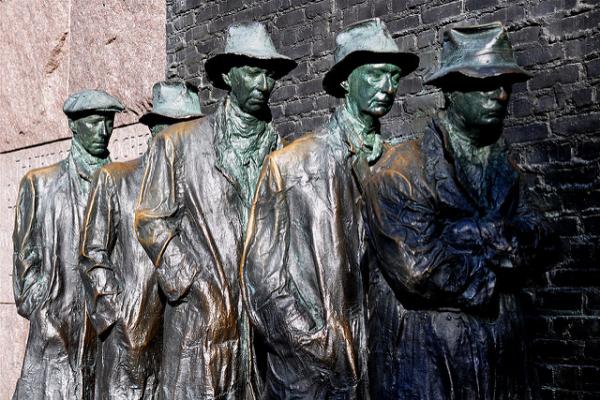Welcome
The main objective of UPIER is to build an understanding of how both policy-makers and market actors use the past as a foundation for their decisions, how they create and discriminate among different interpretations of the past to fit their preconceptions and how they are conditioned by the experiences of their predecessors. Through careful archival research and case studies we also seek to trace the intergenerational transfer of interpretations of the past and how the past is used within a range of institutions across Europe. The project will therefore break new ground for our understanding of how the past is used in the context of international economic relations, particularly at times of crisis. We also hope to refresh the research agenda in economic history in the European Research Area to engage with the uses of the past. The methodology of the project is primarily historical interpretation of archival evidence. We do not seek to explain economic phenomena, but rather to explore the historical question of how policy-makers and bankers created and used interpretations of the past. The project comprises four inter-connected Work Packages:







